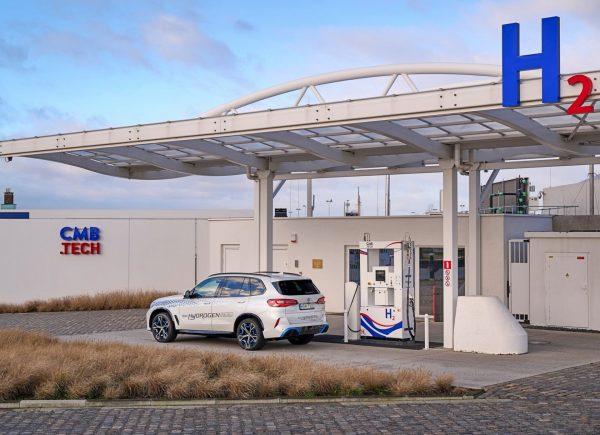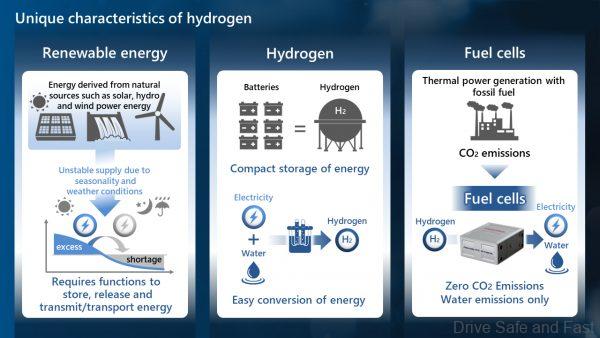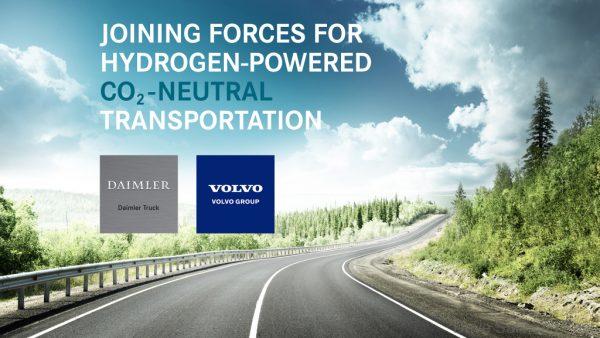Shell closes its light duty hydrogen stations across California.
Hydrogen fuel cell power, while arguably better for the environment, has struggled to gain traction the way battery electric vehicles have. There are some companies that remain strongly committed to this almost ‘miracle’ technology, but there are still too many hurdles to cross, from high cost of production to extremely sparse infrastructure. The latter of these factors just got worse in the USA where Shell has confirmed this week that it will close all light-duty hydrogen stations.

Shell Hydrogen has shut down or drastically limited operating hours of its 7 hydrogen pumps in California. The official statement from Shell quotes ‘hydrogen supply complications” and other external market factors… It should be noted that virtually all of the hydrogen stations operating in the USA are in California, a state known for customers eager to try out new technologies in the name of “going green”.

On the bright side, the Hydrogen Fuel Cell Partnership station map still shows that there are hydrogen pumps online. One of the offline stations have a notice up that reads:
We regret to inform you that our supplier of gaseous hydrogen for our Southern California stations experienced a major service disruption, which has stopped our supply of gaseous hydrogen. We do not have an estimated date for when hydrogen supply for these stations will resume. We appreciate your patience.

It seems like the hydrogen fuel cell as an alternative to the battery electric vehicle is on its last legs.
There are some that still feel it will make more sense for zero-emissions heavy duty vehicles to use hydrogen fuel cells. This is mostly down to turnover time and weight. Batteries are heavy and don’t get lighter as they release their energy, so they become deadweight as the trucks move along. They also take a really long time to charge up, and in an industry where downtime is an additional expense, this becomes an unacceptable trade-off.
Hydrogen fuel is still zero-emissions, but it does get lighter as fuel is used up plus fueling up with hydrogen takes a lot less time than it does to charge up a large battery. We’ll have to wait and see if the industry can make it viable. Japan, Korea and parts of Europe seem to backing this horse.





